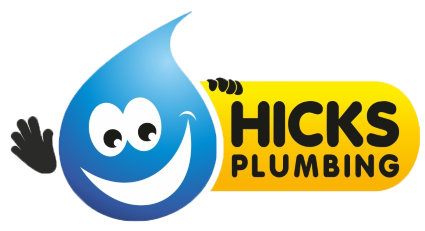As temperatures drop during the winter months, outdoor plumbing fixtures such as hoses, faucets, and irrigation systems are especially vulnerable to freezing. When water freezes, it expands, and this can cause pipes to burst, leading to costly repairs. To avoid these issues and ensure your home stays protected, it’s crucial to winterize your outdoor plumbing fixtures properly. Below, we’ll outline five essential steps to take in order to prevent freeze damage and keep your plumbing in top condition throughout the winter.
1. Disconnect and Drain Garden Hoses
One of the first and most important steps in winterizing outdoor plumbing is disconnecting and draining your garden hoses. Leaving hoses connected to outdoor faucets can lead to water backing up into the pipes, which raises the chances of freezing and pipe bursts. Make sure to disconnect all hoses and store them indoors for the winter.
After you disconnect the hoses, allow any remaining water to drain out. Storing them in a warm, dry place will prevent the rubber from becoming brittle and cracking, ensuring they last longer and are ready to use when spring rolls around.
2. Shut Off Outdoor Water Supply
For homes equipped with shut-off valves for outdoor faucets, it’s essential to turn them off before the cold weather sets in. The shut-off valve is usually located inside the house, near where the pipe exits through an exterior wall. After turning off the valve, open the outdoor faucet to allow any remaining water to drain out.
By shutting off the water supply, you prevent any water from sitting in the pipes, reducing the likelihood of freezing and causing damage. This simple step can save you from costly repairs if a pipe were to burst due to expanding ice.
3. Install Faucet Covers or Insulate Outdoor Pipes
Outdoor faucets (also known as hose bibs) are directly exposed to the cold, which makes them highly susceptible to freezing. To protect them, invest in insulated faucet covers that are designed to shield the fixtures from extreme temperatures. These covers are relatively inexpensive and easy to install, making them a worthwhile investment for preventing freeze damage.
If your outdoor plumbing includes exposed pipes, especially those running through unheated spaces like garages or basements, it’s a good idea to insulate them as well. You can use foam pipe insulation or heat tape to wrap the pipes, keeping them warmer and reducing the risk of freezing. This extra layer of protection helps ensure that even in the coldest conditions, your pipes remain safe.
4. Check and Service Your Water Heater
While your water heater is part of your indoor plumbing system, ensuring it’s functioning properly before winter is an essential step in protecting your home. A malfunctioning water heater can result in cold showers during already chilly winter months. Moreover, when outdoor temperatures drop, your water heater may need to work harder to maintain warm water for your home.
Schedule a maintenance check to inspect your water heater for any potential issues. During this check, a technician can ensure the heater is running efficiently, check the temperature settings, and inspect for any signs of wear and tear. Regular maintenance will not only protect against damage but also ensure your water heater runs optimally throughout the winter.
Quality Plumbing Services in Vienna, VA & Nearby Areas
Winterizing your outdoor plumbing fixtures is an essential step in protecting your home from freeze damage. By following these five steps—disconnecting garden hoses, shutting off the outdoor water supply, installing faucet covers, winterizing your irrigation system, and checking your water heater—you can ensure your plumbing stays in excellent condition throughout the colder months. If you need professional assistance with winterizing your plumbing, Hicks Plumbing Services is here to help. Serving Vienna, VA, and surrounding areas, we specialize in ensuring your home’s plumbing is protected from winter’s harsh conditions. Visit our contact page to schedule a consultation or request a service.
